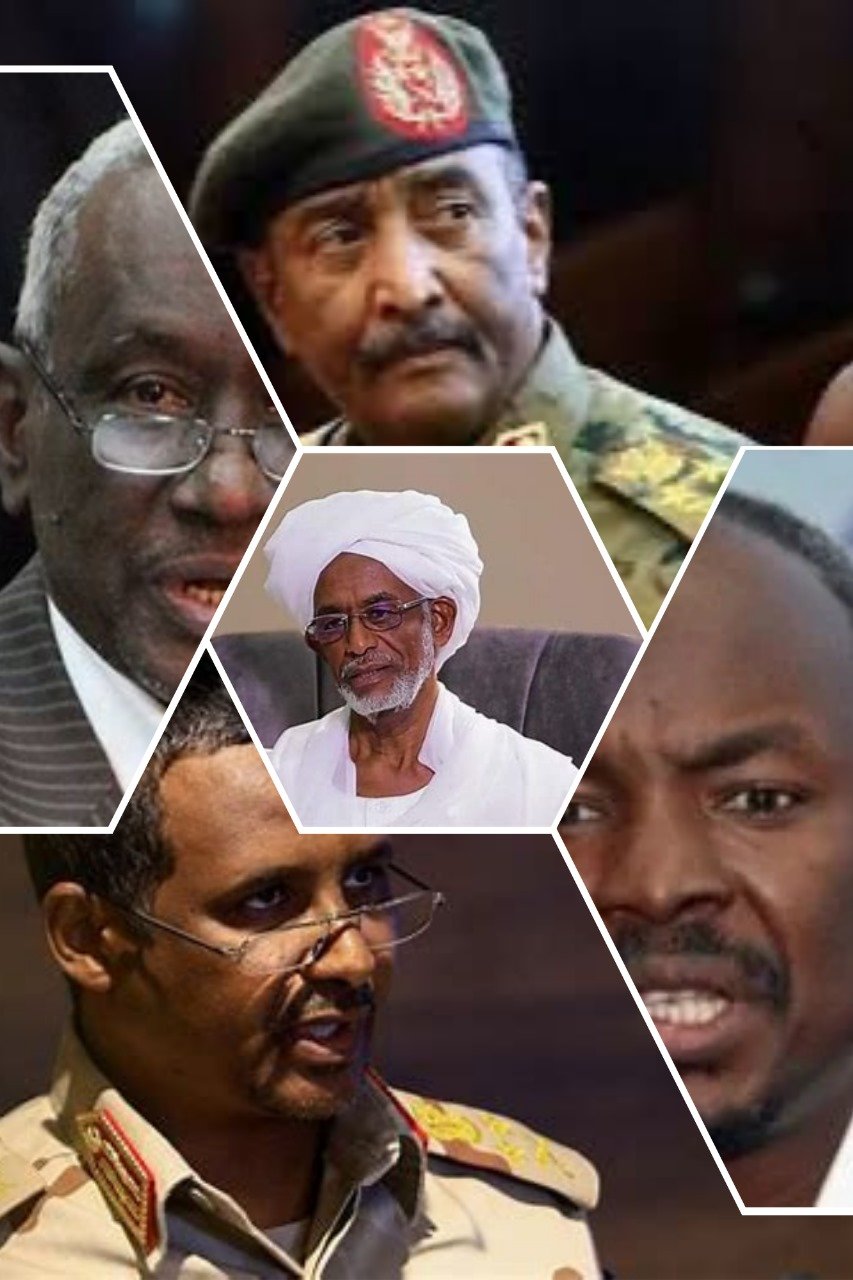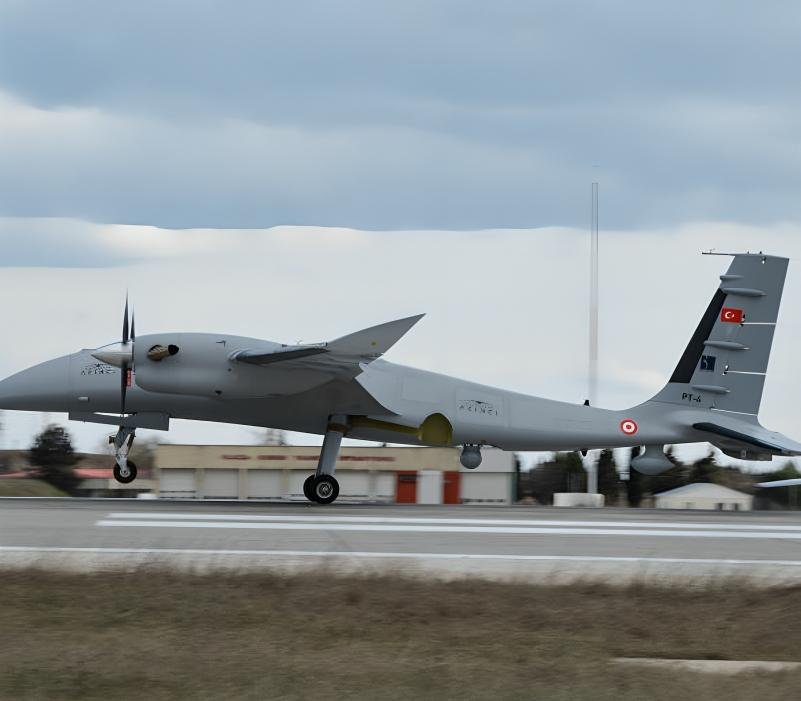By Moniem Suleiman
With the U.S. Treasury Department’s announcement on Tuesday, January 7, imposing sanctions on Mohamed Hamdan Dagalo (Hemedti), the leader of the Rapid Support Forces (RSF), for his alleged role in “destabilizing Sudan and undermining its democratic transition,” the Biden administration has effectively granted the Sudanese Islamic Movement and its military arm within the army — the main culprits in derailing democracy and destabilizing Sudan — something akin to a “certificate of exoneration.” This decision paves the way for them to advance their authoritarian project with the support of the army chief, transforming Sudan once again into a model of a dictatorial theocratic state.
Thus, the Biden administration’s decision was far from judicious; it was an unbalanced and fundamentally flawed move. The same rationale and justifications cited in the sanctions against the RSF leader (Hemedti) equally apply to the army chief, Abdel Fattah al-Burhan.
For a long time, the Sudanese people have anticipated that the U.S. Treasury would impose similar sanctions on army officers affiliated with the Islamic Movement. These individuals are well-known by name and rank and openly declare their ideological and political allegiance. These very officers have obstructed Sudan’s democratic transition and thwarted all attempts at negotiating a peaceful resolution to end this devastating war.
Without stringent sanctions on these individuals, the war will persist, and the Sudanese people will face further killings, violations, hunger, and displacement.
Notably, the Treasury’s sanctions against the RSF leader reference the events in Darfur. Everyone knows the role played by military intelligence in sparking those events before they escalated into massacres. Moreover, the current situation in El Fasher, where displaced civilians are used as bait and human shields within displacement camps, is orchestrated by military intelligence in coordination with the Sudan Liberation Movement led by Arko Minawi. Of course, the RSF cannot be absolved of any attacks targeting civilians or putting their lives at risk.
The RSF has committed severe and egregious violations, well-documented by human rights organizations and media reports. I unequivocally condemn these atrocities without hesitation. However, the gravest falsehoods are half-truths. The same organizations and media outlets remain conspicuously silent about the army’s violations and those of the Islamist brigades, including indiscriminate barrel bombings, killings based on suspicion, and targeting individuals based on regional and tribal identity. Remarkably, they have ignored documented cases of stomach-slitting and organ consumption, as captured in videos by the Islamists themselves. Imagine the media outcry if such barbarities were committed by the RSF — every news agency would have reported them!
Since the war broke out on April 15, 2023, military intelligence has split into two factions. The first, led by General Sabir, is besieged within the army’s headquarters and was sanctioned by the U.S. in mid-December. The second faction, which is actively conducting the war, operates from the Karari military area in Omdurman and is led by Islamist General Hassan Al-Bilal. This faction is entirely loyal to the Islamic Movement’s military organization. It orchestrates conspiracies, fosters ethnic and tribal divisions, and is responsible for many of the war’s crimes and atrocities. Nevertheless, the Biden administration has completely ignored this faction, despite it posing the greatest threat to Sudan’s future by perpetrating these heinous acts to restore the Islamic Movement’s grip on power. This agenda will persist until that objective is achieved, even if it involves discarding Burhan himself, who has granted them the freedom to wreak havoc and destruction.
The Islamic Movement’s return to power this time will come with even greater extremism, tyranny, and oppression.
By imposing sanctions on only one party (the RSF leader), the decision sends the wrong message to the other side — represented by Islamist officers within the army (the Islamic Movement) — signaling that the U.S. administration is pleased with them, despite their crimes, atrocities, and massacres. This includes the ongoing aerial bombardment of civilians, which has resulted in hundreds, if not thousands, of deaths to date. The Biden administration has shown no inclination to treat these acts as war crimes requiring decisive punishment.
Moreover, the Islamists have no realistic chance of achieving a decisive victory over the RSF, even if the war drags on for a hundred years, as they threaten. At best, they can only achieve a fractured Sudan. Should we interpret the Biden administration’s decision as tacit support for the division of Sudan?
It is well-known that Democratic administrations often lean toward supporting political Islamist movements, viewing them as a counterbalance to violent jihadist extremism. This perspective was encapsulated by former President Barack Obama’s famous assertion that political Islam acts as a shield and savior against militant Islam. President Biden’s administration seems to follow this approach, considering groups like the Muslim Brotherhood or Sudan’s “Islamic Movement” as moderate compared to armed jihadist groups such as Al-Qaeda, Al-Shabaab, or Boko Haram. However, this perception reflects a profound ignorance on the part of the Democratic Party regarding the nature of jihadist movements. The Muslim Brotherhood, as is widely recognized, serves as both the source and incubator of these terrorist organizations.
What is astonishing about the timing of this decision is that it comes just two weeks before the Democratic administration leaves office, making way for the Republican administration. The move appears to be a “trap” set by Biden’s administration for the incoming Republican leadership, which generally possesses a more astute understanding of the dangers posed by Islamic movements, their extremism, and their terrorist tendencies.
Moreover, the recent decision to impose sanctions on only one side of the conflict, while implicitly endorsing the Islamic Movement and its military leadership within the army, undermines the Sudanese people’s aspirations for a free and democratic state, dragging them back to Islamist military authoritarianism.
If there is any hope on the horizon, it lies with the incoming Republican administration in the U.S., which has a stronger grasp of the perils of political Islam. Additionally, hope rests with the Sudanese people’s peaceful struggle, the support of the free world, and the international community. For over thirty years, the Sudanese people have endured violence, corruption, and oppression at the hands of the Islamic Movement, its armed militias, and its military organization within the Sudanese army.
- Moniem Suleiman is a Sudanese investigative journalist and writer, recipient of the PEN International Award in 2012.




